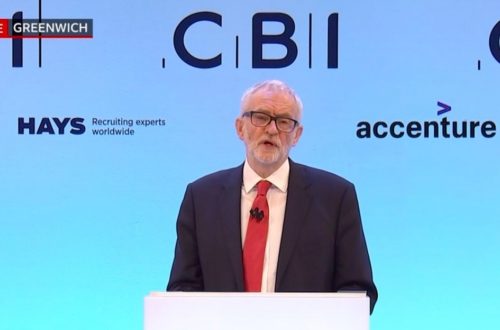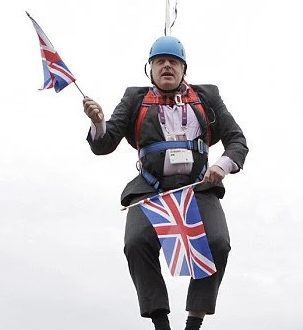The Guardian reports that some of the top business chiefs who backed George Osborne’s tough programme of cuts now have fears over the economy and the weak recovery.
They include the likes of former Tory MP Archie Norman, now chairman of ITV; former Asda boss Andy Bond; Carphone Warehouse founder Charles Dunstone; Next chariman and Tory peer Lord Wolfson; and Yell chairman Bob Wigley.
Bond expressed doubt about the ability of the private sector to create as many jobs as hoped. “I don’t think the private sector is going to be able to pick up the slack in this climate,” he said. Bond, who ran the UK’s second largest supermarket chain [Asda] for five years, forecast a two-year “retail recession” earlier this week.
He was one of 35 bosses who signed a letter to the Daily Telegraph six months ago supporting George Osborne’s plan to slash the deficit and arguing that businesses “should be more than capable of generating additional jobs to replace those lost in the public sector”.
Bond and company are the people who gave the chancellor their stamp of approval and provided political for cover for the coalition to carry outs its plans, but as sales slump and consumers stop spending they are having second thoughts. Although none has gone as far as to pull their support outright: case in point ex-Channel 4 chairman and former Pizza Express owner Luke Johnson. He says the coalition should “stick to its guns” before admitting “the recovery is weak, but we have to stay the course”.
The story follows Osborne yesterday attempting to shore up his position by arguing that the crises in Portugal was justification for his aggressive package of cuts.
Shadow chancellor Ed Balls rightly dismissed Osborne’s effort to use Portugal as justification as scaremongering.
“That is desperate scaremongering from a desperate chancellor who is taking a huge gamble, playing Russian roulette with our economy and I don’t think he knows what the outcome’s going to be.
“George Osborne’s playing a completely political game, trying to claim, completely wrongly, that Britain had to have these spending cuts because we would end up like Greece or Portugal,” Balls told the BBC.


